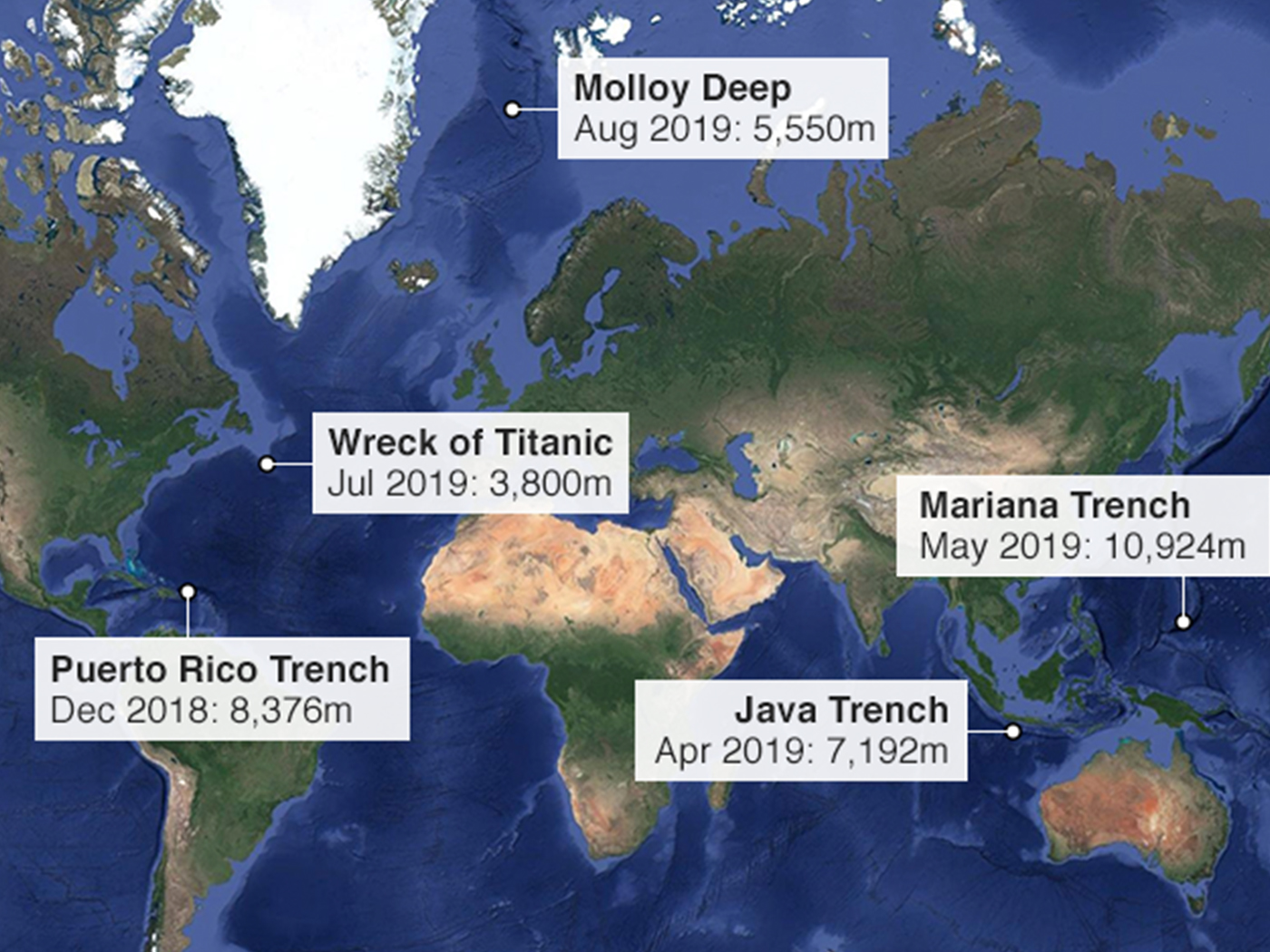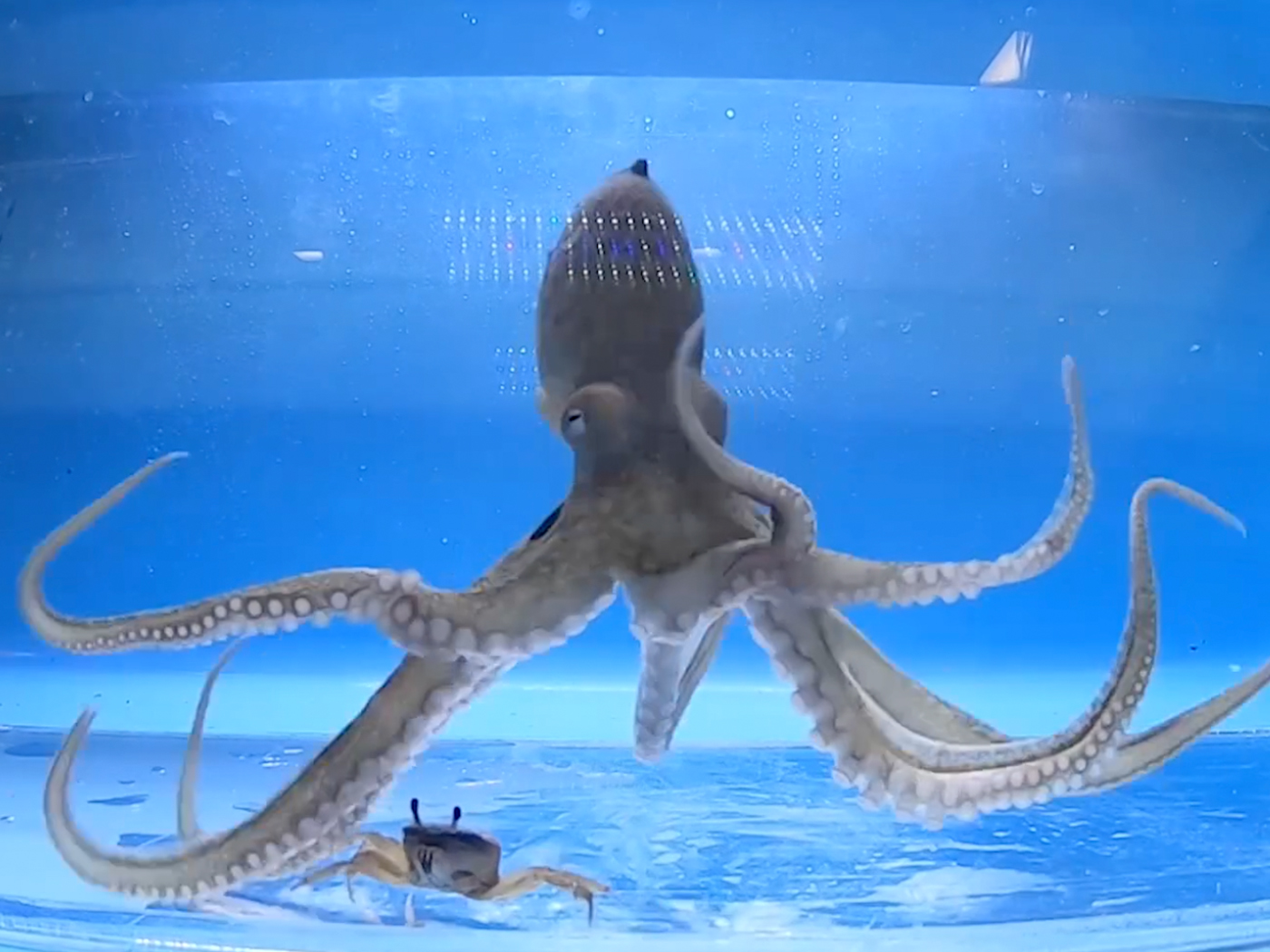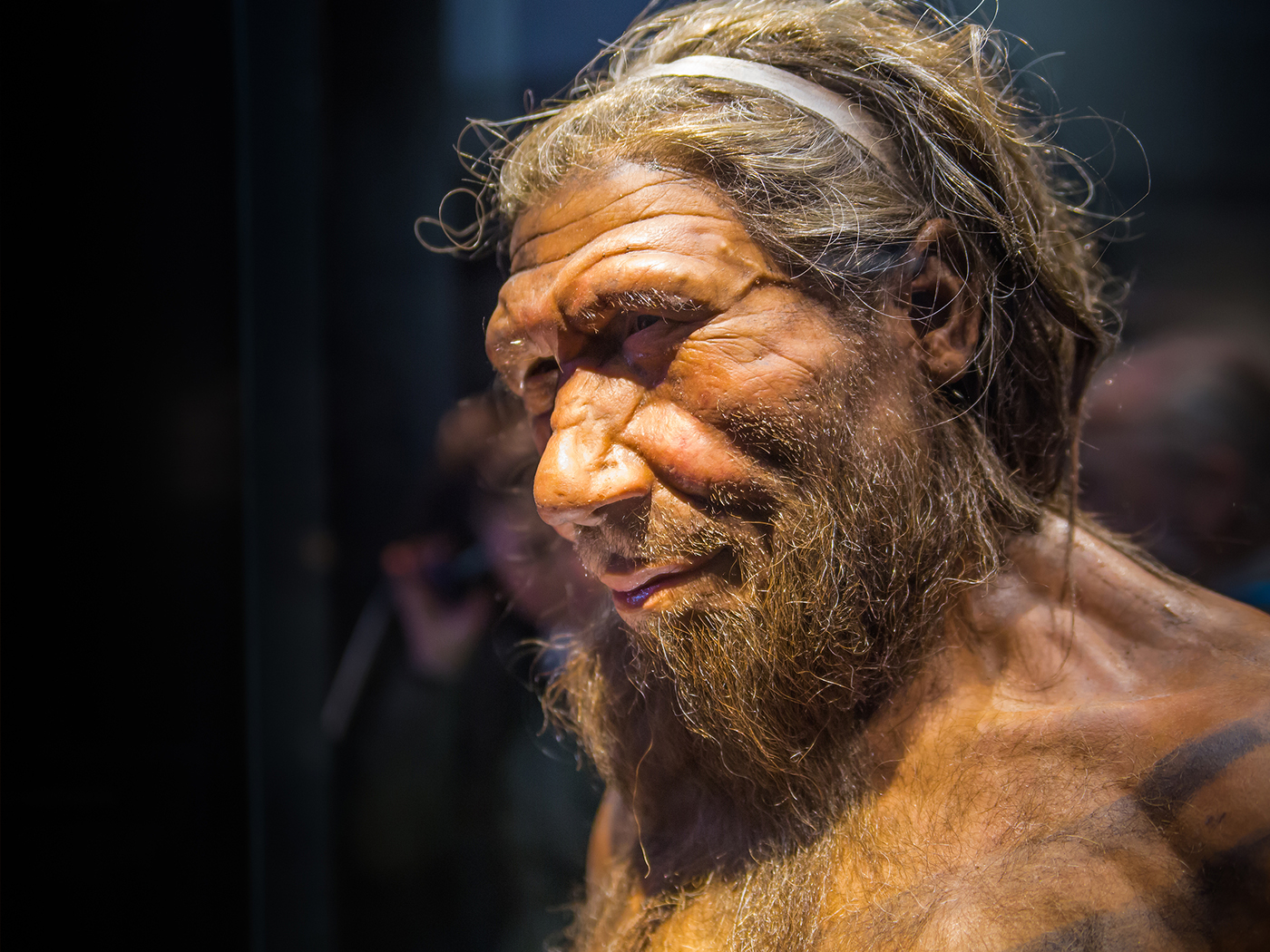In a recent issue of the journal The Scientist, University of Florida College of Medicine professor Leonid Moroz lamented the current lack of graduate program courses on the supposed basics of evolutionary biology and biosystematics. He attempted to defend the idea that evolution needs more emphasis for those being trained in fields that have made radical progress in recent decades in medicine, molecular biology, and genomics.1
But if evolutionary biology courses are so fundamental, then how have scientists in those fields made their remarkable discoveries or developed new treatments without them?
Moroz wrote:
It appears that evolutionary biology and biosystematics courses, which deal with the most fundamental concepts in biology, have quietly lost their place of eminence within the biomedical curriculum—"outcompeted" by escalating specialization and the increasingly technical nature of many biological sciences.1
Biosystematics is the study of which animals are related to which others within an evolutionary framework. Evolutionary biology is the study of changes within populations of organisms. How are either of these relevant to biomedical science? And which medical course(s) should be replaced with evolution-indoctrination classes—the one that teaches doctors how to set broken bones or the one that teaches proper amounts of medicine the body needs in a given situation?
One doesn't have to be either a scientist or a medical professional to agree that doctors should understand more about how to treat a patient's condition rather than ponder that patient's possible evolutionary history from a single-cell organism. Most likely, the "fundamental concepts" of evolution that Moroz suggests be taught have been "outcompeted" by the demands of real-world science. As one medical practitioner noted:
None of the Darwinian explanations integrate (much less are based on tests of) the phylogeny or actual physical evolutionary development of the organism itself. Given the long time to develop new drugs, a real test would be a Darwinist prediction—based solely on human evolutionary phylogeny—of a new, presently unobserved disease for which pharmaceutical companies should start developing a treatment. So far, no such predictions have been forthcoming.
This failure, coupled with increased needs to teach new medical research, is possibly why evolutionary medicine is currently squeezed out of every American medical school's curricula.2
Moroz unwittingly clarified exactly why evolution is irrelevant to real science:
Students of engineering must learn the fundamentals of mathematics and physics. A PhD chemist cannot bypass learning the periodic table and its elements. In contrast, ask a young or even a senior biologist with an active research program to name 15 to 20 animal phyla....Why have we accepted ignorance of evolutionary theory and knowledge of biodiversity in classrooms?1
Math is fundamental to engineers and the periodic table of elements is fundamental to chemists. But medical practitioners have been demonstrably succeeding without stand-alone courses on evolutionary biology or taxonomy. These observations underscore the uselessness of evolution in the real world.
Medical sciences, engineering, physics, and chemistry move forward through experimentation, a process called "empirical science." In contrast, evolution moves forward only by indoctrination.
References
- Moroz, L. 2010. The Devolution of Evolution. The Scientist. 24 (11): 36.
- Guliuzza, R. J. 2009. Darwinian Medicine: A Prescription for Failure. Acts & Facts. 38 (2): 32.
* Mr. Thomas is Science Writer at the Institute for Creation Research.
Article posted on December 8, 2010.























